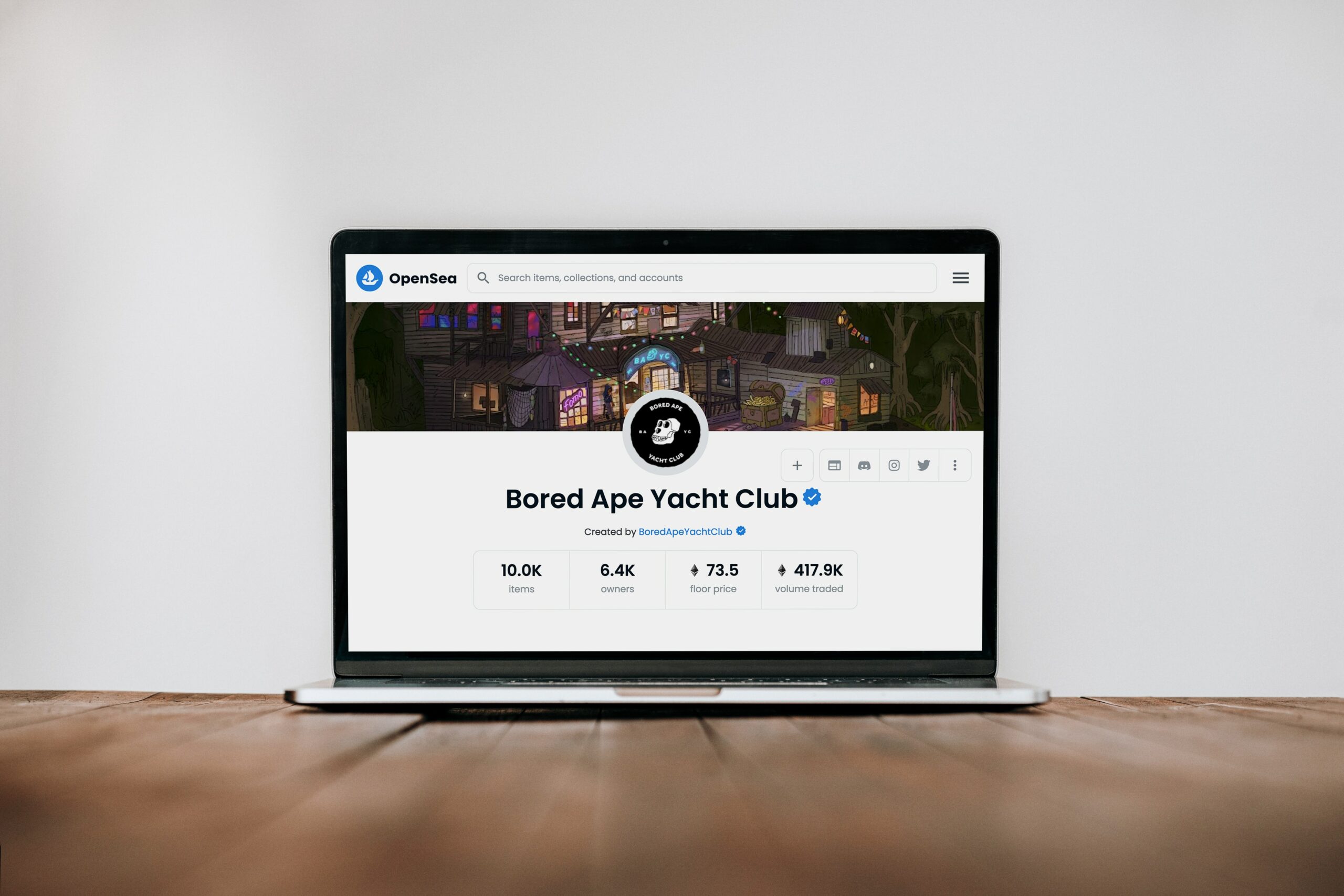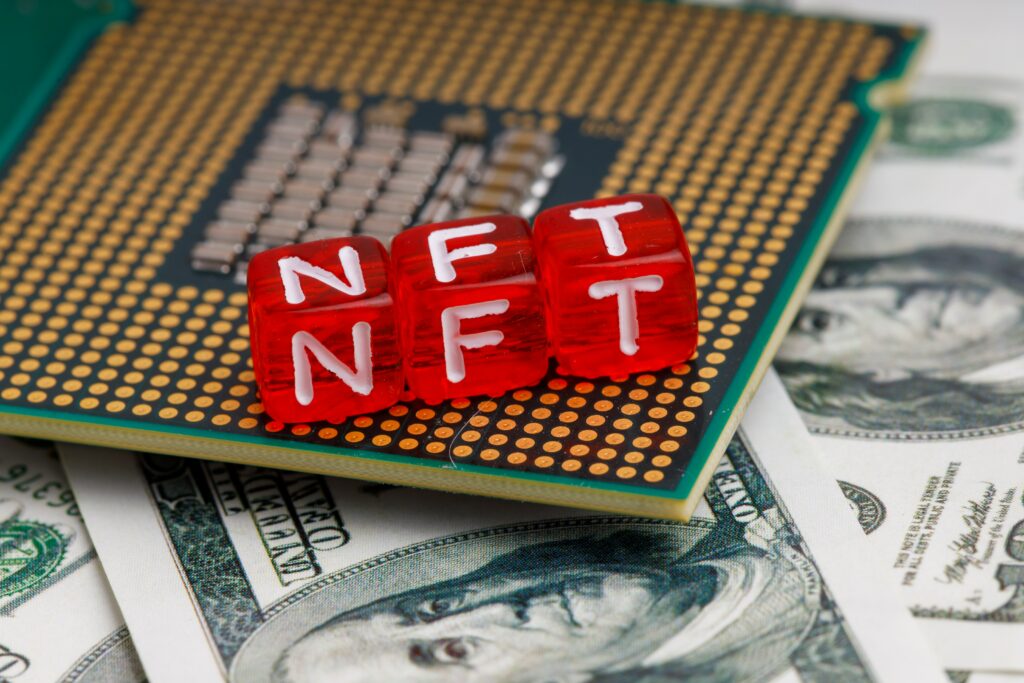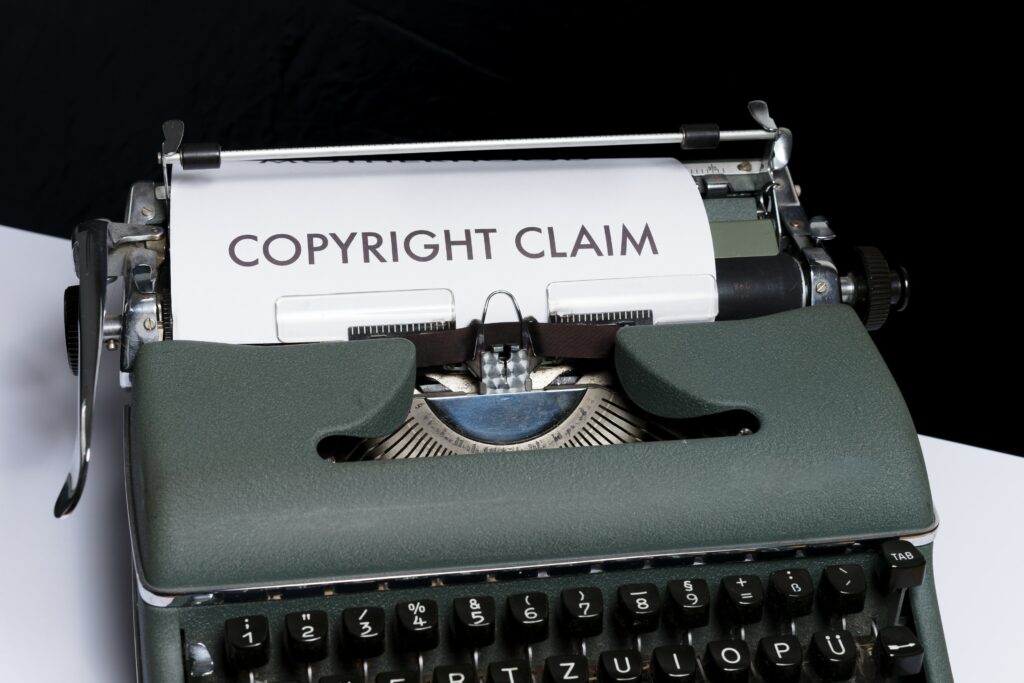NFTs vs. Piracy: How The Blockchain Is Winning The Battle For Films

Have you ever found yourself so desperate to watch the recently released HD version of that movie everyone’s been talking about? So desperate that you found yourself on a sketchy site — you know, the ones with the odd-looking ads that pop up every time you try to click on something? Research shows that “pirated TV series and movies are viewed more than 230 billion times a year.” While it may seem harmless, this costs the film industry at least $29 billion every year and that number could go up as NFT Piracy rises.
Refresher: What Are NFTs?
NFTs are tokens that represent digital items. One of the things that initially made them so interesting to people was how easily they can be exchanged, transferred and applied. They carry price tags ranging from single digits to millions depending on what they represent (art, film, assets).
NFTs initially received a lot of criticism and raised eyebrows. It’s normal for people to want to know why someone would spend so much money on a digital item that most likely wasn’t tied to any physical item. But NFTs exist on a system known as a blockchain, a fancy word for ‘public digital ledger’. Each NFT is recorded on this ledger when it’s created. Thanks to this, its authenticity can be verified.
In theory, they might seem like the perfect solution to piracy (and it just might be). But in some cases, these NFTs themselves can be copied and redistributed without the permission of the creator; this is known as NFT piracy.
What Exactly Is NFT Piracy?

NFT piracy can work either as someone stealing artwork and turning it into an NFT, or as someone stealing the metadata — which is publicly recorded on the blockchain — of an already existing NFT and making copies of it. Of course, this doesn’t replicate the original NFT, but at first glance, there’s no way to tell.
Piracy, or copyright infringement, is not a new thing. It existed even before the internet. But because of how big the internet is, one could rightly argue that it helped spread piracy beyond just peer-to-peer sharing. With the rise of torrent sites, it has become a lot more common. Now, many people simply bookmark free sites where they can watch and download movie torrents. Who doesn’t like free stuff?
Corrective measures have long been put in place to stop the circulation of pirated content. Some countries such as Germany, Russia, and the UK have laws against it. Still, piracy websites resurface under a new domain name quickly after being shut down.
The Piracy Problem Eating The NFT Space Up
While some NFTs were getting sold off for millions of dollars, it’s no surprise that some artists were naturally curious. It was a huge deal for artists looking for new ways to make money from their art. Most artists were aware of the fact that they wouldn’t be making millions from NFTs unless they got very lucky, but passive income seemed better than no income.
With the rise of the NFT community, the theft of digital art was on the rise too. Unsuspecting artists — some of whom didn’t even know what NFTs were — noticed that their art was getting stolen. Although this wasn’t new, what was new was that people could now sell the art on NFT marketplaces and make money off it while the artist got nothing in return.
Identifying the problem is the easy part; the real question is how to stop it, or even better, prevent it entirely.
How To Prevent NFT Piracy
There are a few nifty ways to prevent NFT piracy, especially on the product end:
1. Digital art platforms and NFT marketplaces can create measures that detect theft or properly verify ownership of digital material before it is listed or turned into an NFT. For example, DeviantArt, a digital art platform approached the issue by launching a program that protects its users from theft. By using advanced image recognition software, the program alerts artists when their image (or a close replica of it) is uploaded to an NFT marketplace.
2. Trying to buy NFTs should only buy from verified projects. In most marketplaces, these projects have a blue tick next to their names.
2. You can go the extra mile by checking out a project’s official website or social media page of the seller to confirm how trustworthy they are.
Despite these precautions, NFT pirating can have real effects on not just artists but buyers too. The implications of NFT piracy include loss of money and artist integrity. It ruins the fun for everyone. Artists get frustrated at not reaping the fruits of their hard work. Buyer skepticism can also kick in because some people can’t tell if they’re about to get ripped off when buying NFTs.
Waging War Against Digital Piracy

NFTs have a bigger role to play in the fight against movie piracy since NFTs can add an extra layer of authenticity to a project, especially for smaller creators. It also makes ownership more transparent since anyone can easily verify it. It almost seems so genius you’d wonder why more film studios aren’t investing in getting their movies turned into NFTs.
Since this is largely uncharted territory, there is still a general lack of awareness about how NFTs and blockchain work. “Making movies into NFTs” simply means that the movie will have a unique digital certificate associated with it that exists on the blockchain.
The truth is that many studios are still stuck with traditional concepts and since NFTs are anything but traditional they may be less willing to commit to the idea.
Does Owning An NFT Give You Copyright?

The short answer is no.
The long answer, however, is that it depends on the creator.
If everyone could just make and sell copies of their NFTs, it would take away from their appeal. So, when someone buys an NFT, they can’t just take certain liberties with it. They can’t redistribute it or make copies of it. That right still belongs to its creator.
However, the creator can choose to fully hand over those rights to the new owner. By issuing a commercial license, they give full creative freedom to whoever owns the NFT. So it’s a great way for filmmakers and production studios to maintain control over their work while still being able to pull together some money from the sale of the NFT.
Final Thoughts
NFT piracy and the role of NFTs in piracy generally are two sides of the same coin. NFT piracy is only a new form of the greater issue of piracy that has existed in Hollywood for many years. As the internet has fanned the flames of this global problem, it has spread into the web3 space. As these tokens are applied towards authentication in the future, Hollywood could adopt a new approach to tackling the problem.
Featured image by Piggybank on Unsplash
